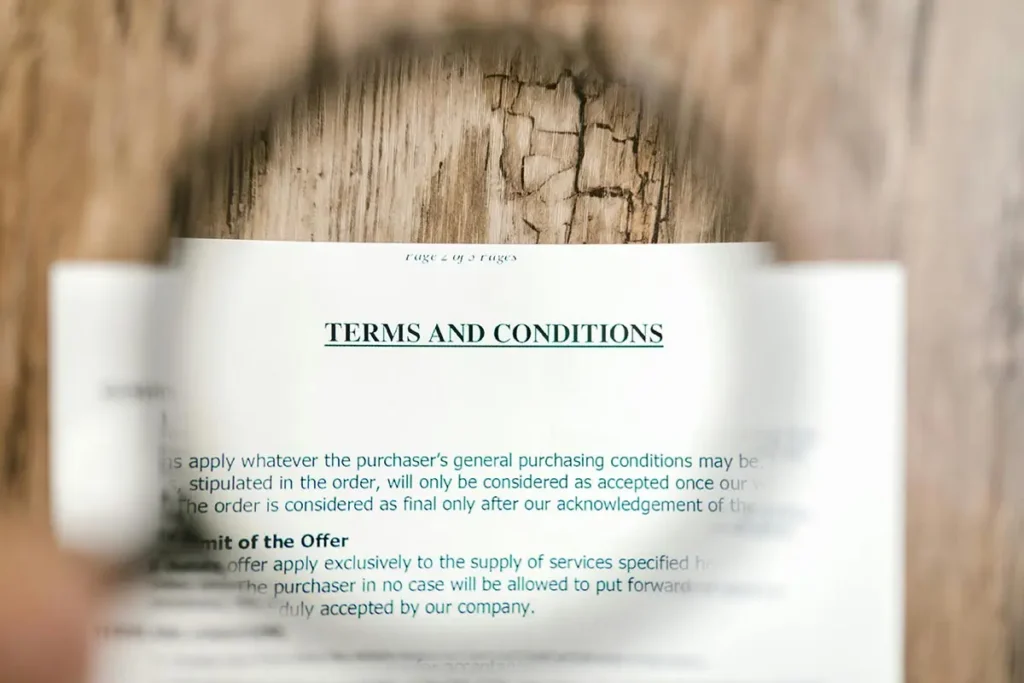International shipping requires strict adherence to various legal frameworks, ensuring that goods move smoothly across borders. Staying compliant with international shipping laws is essential for businesses to avoid penalties and delays. With changing regulations and standards, businesses must remain vigilant and adaptable in their approach to ensure efficient global trade.
Understanding International Shipping Regulations
Understanding international shipping laws is the first step toward compliance. Countries have different laws regarding customs, taxes, and environmental standards. It’s essential for businesses to research and understand these laws to avoid unexpected costs and delays. Having a global trade compliance expert can guide companies through complex international shipping regulations.
Importance of Accurate Documentation
Accurate and complete shipping documentation is critical in complying with international shipping laws. Customs declarations, invoices, packing lists, and certificates of origin must be properly filled out to prevent delays or penalties. A well-maintained documentation system ensures transparency, avoids errors, and helps expedite the customs clearance process.
Staying Updated with Legal Changes

Laws governing international shipping are dynamic and constantly evolving. Keeping up with changes to import/export laws, trade restrictions, and sanctions is essential. Companies must subscribe to regulatory updates and leverage compliance tools that notify them of any legal changes that could impact their shipping operations.
Working with Experienced Customs Brokers
Partnering with an experienced customs broker is invaluable for ensuring compliance. Customs brokers specialize in navigating the complexities of international shipping laws, including tariff classifications, duties, and restrictions. Their expertise helps businesses ensure that their shipments meet all legal requirements, minimizing delays, fines, and penalties.
Leveraging Technology for Compliance
Technological tools can significantly enhance compliance efforts in international shipping. Automated software solutions can help track regulations, streamline document management, and assist with customs procedures. With real-time updates on changing regulations, businesses can stay ahead of potential issues and maintain an efficient, compliant shipping process across borders.
Ensuring Compliance with Environmental Regulations
Environmental regulations are becoming increasingly stringent in international shipping. Companies must ensure that they comply with regulations like the International Maritime Organization’s (IMO) sulfur cap or various national environmental laws. Meeting these standards may require investments in eco-friendly technologies, alternative fuels, or upgraded fleet systems to reduce environmental impacts.
Conclusion
Staying compliant with international shipping laws is a multifaceted challenge that requires proactive measures, regular updates, and strategic partnerships. By understanding regulations, maintaining accurate documentation, leveraging technology, and working with experienced brokers, businesses can mitigate risks and ensure seamless global shipping operations, paving the way for successful international trade.
